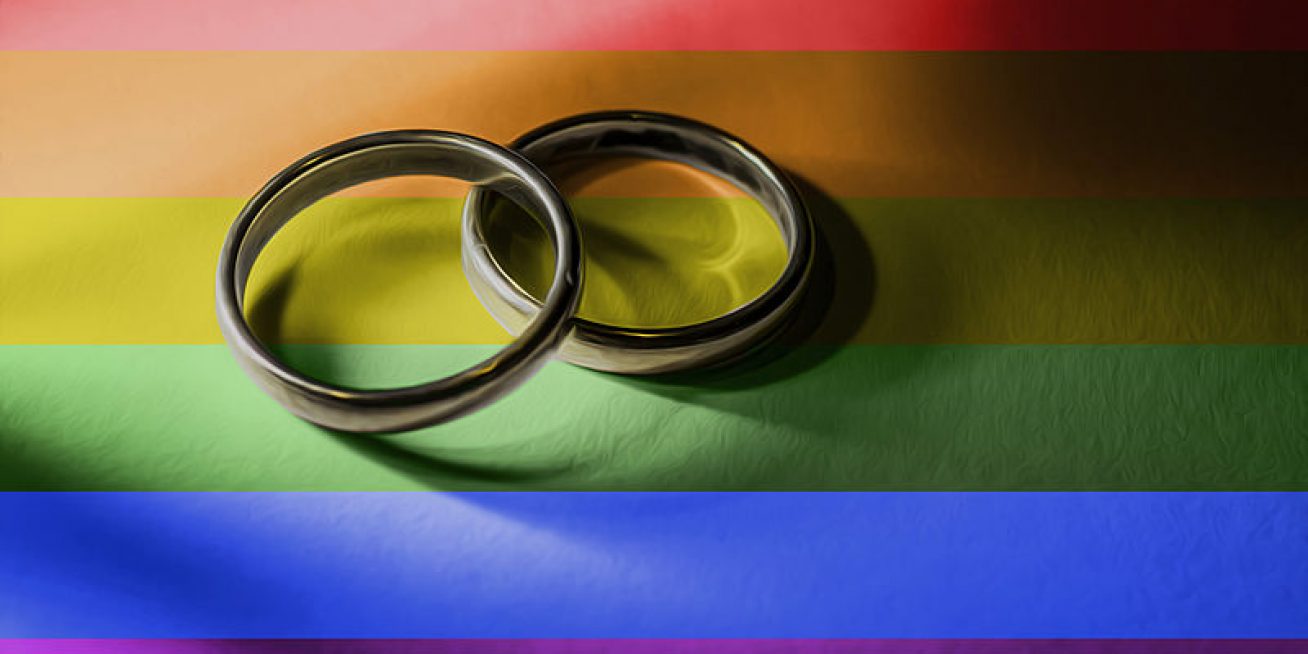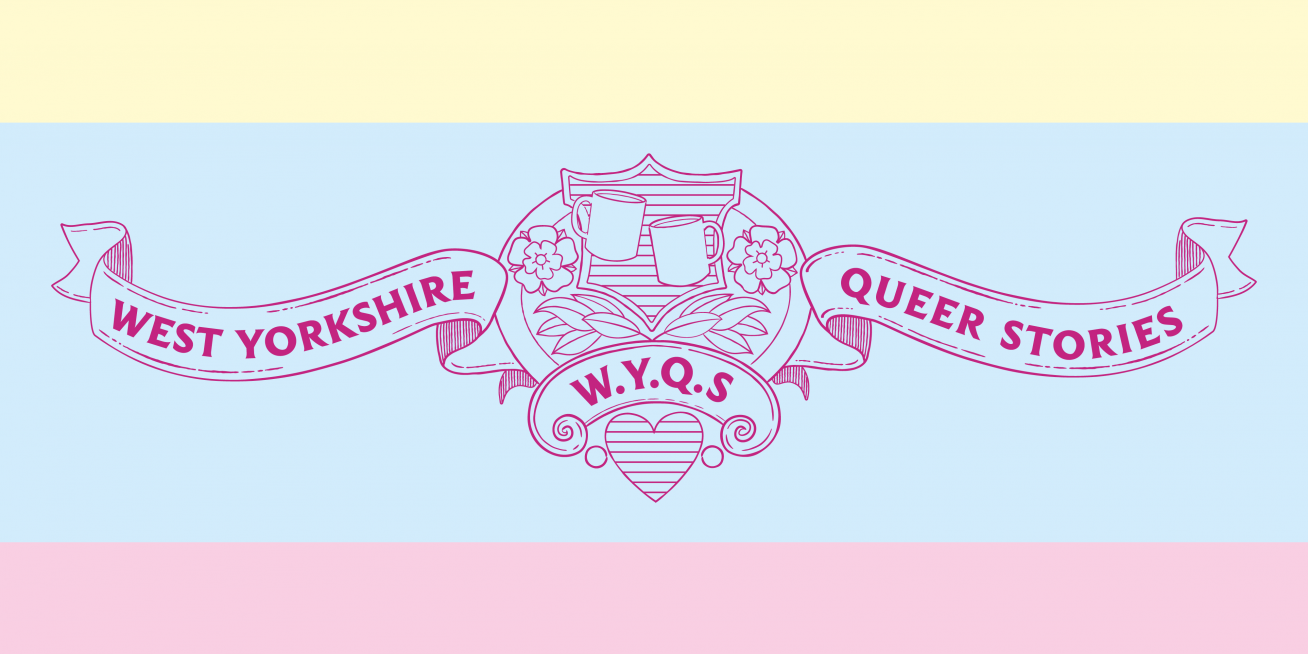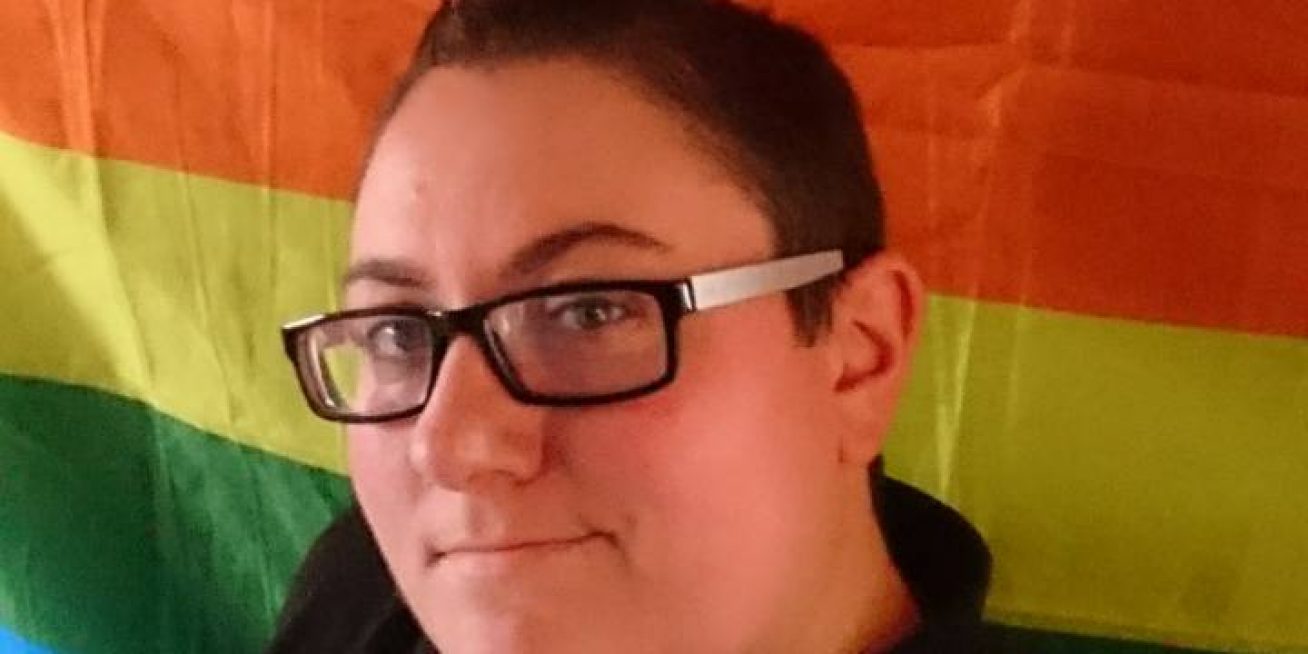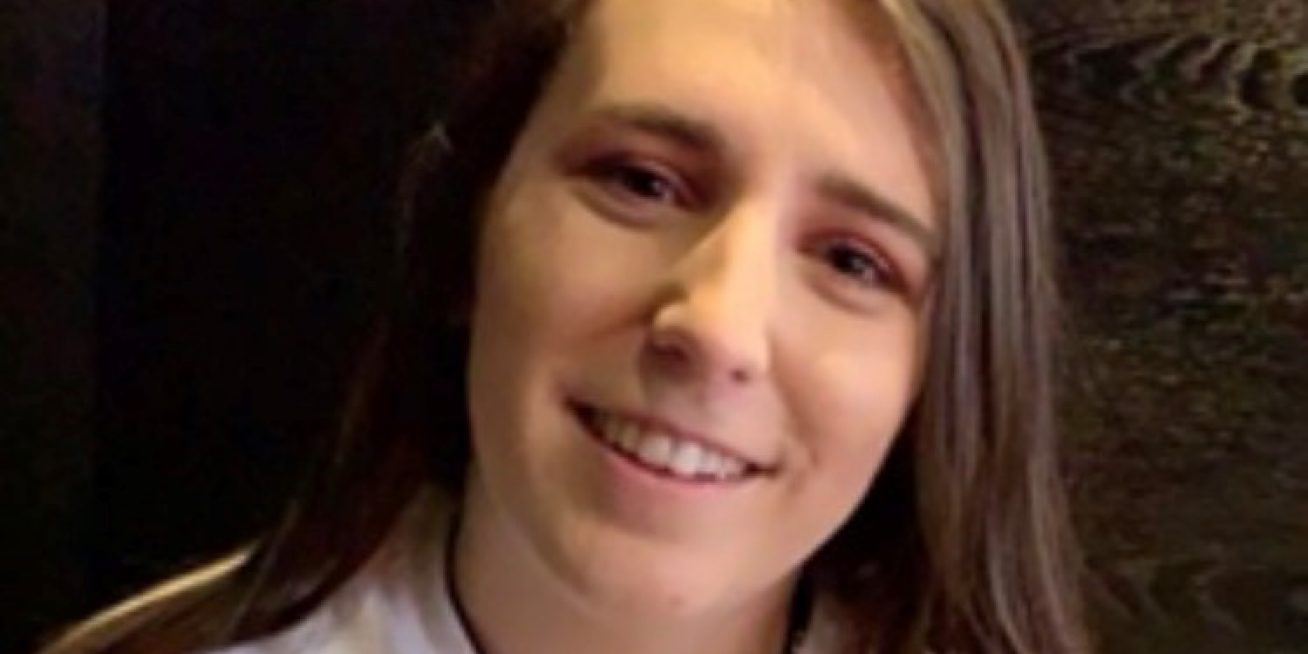Coming out to your grandma
Emily recalls her grandmother's response when she came out to her as lesbian and the way her grandmother saw her marriage as comparable to a traditional heterosexual one.
TRANSCRIPT
EMILY: I grew up with Section 28 – it was a thing, still. And when I was at school, I went to an all-girls school. And I remember that being a lesbian was definitely the worst thing that you could be. So I was worried to come out, which I actually did at university. But in the end, really, everyone was quite supportive. My, my, both my parents were very supportive. My grandmother took a year to come round, but she... She didn't not talk to me in that year. She just didn't want to talk about it.And actually, when she found out, she found out because one of the one of the gay clubs I went to then sent me some free tickets to a party. So she rang me and asked me if I was a lesbian. And when I said yes, the first thing she said, which always makes me laugh, was, 'But how will you get a job?'
And I was like, firstly, I already have a job because I must have been about 24, 25 at this point. I was living in Paris. I had a job and an apartment. So, I mean, she... She was, she was born in 1926, and I guess she remembered a time when was much more difficult to be queer and that people couldn't get jobs. But I... Despite Section 28 and despite there being some, you know, there was definitely some homophobia around when I was growing up. It wasn't, it wasn't that bad that you would imagine that you wouldn't be able to get a job. I mean, honestly, I found it quite funny.
INTERVIEWER: And do think she was imagining that they just would say, ‘No, if you're not straight, you can't have a job’? Or did she think that you need to be with a man?
EMILY: I think, I think she thought that I would just be discriminated against. I mean, I think her... She really was... It came from a place of love. She was worried about me, I think, really. She was worried, like, how my life would be and that it would be more difficult.
In the end, I actually was actually married to a woman. I am divorced from her now. But we still get on very well... Actually I talked to her this morning. We're going to Berlin in October for our divorce-iversary, which is a thing that we have made up! [Laughs] But actually, yeah. So my grandma in the end came round so much. I mean, she loved my ex-wife dearly, dearly. She, she fully got on board in the end. But she kind of pictured us in this kind of 1950s housewife model, in which I was the woman because I have long hair and my ex-wife has short hair. I mean, she's actually quite feminine, so it's kind of amusing. But I just remember my grandmother ringing me a lot and Katie would come in from work and she would be like, 'Oh, I better get off – you need to go fix dinner for Katie now, don't you.' And I was like, 'Katie is a grown woman. She can fix her own dinner!'
But yeah, she just kind of put us into this sort of like a context that she could understand. And marriage was a context that she could understand. So yeah, once I was married she was actually really on board with the whole thing, which was strange but great.







